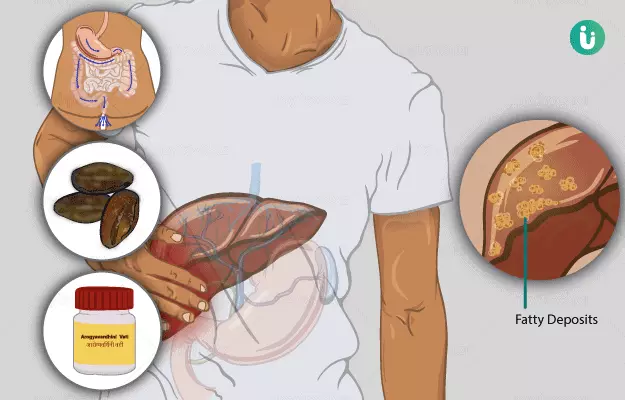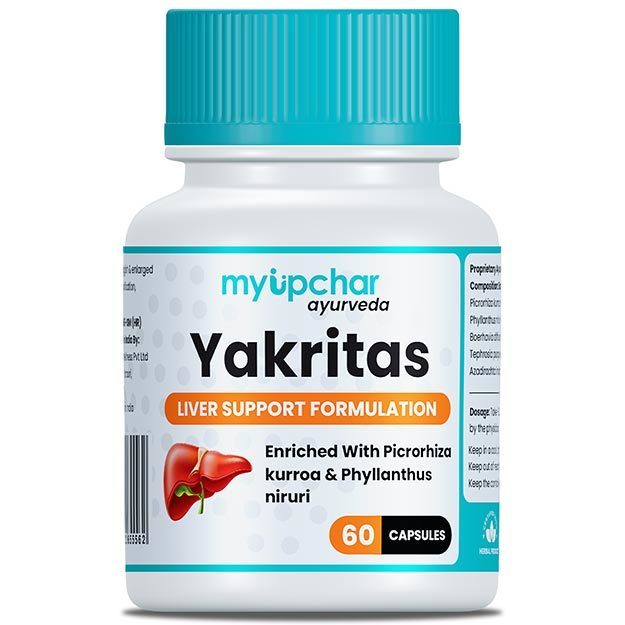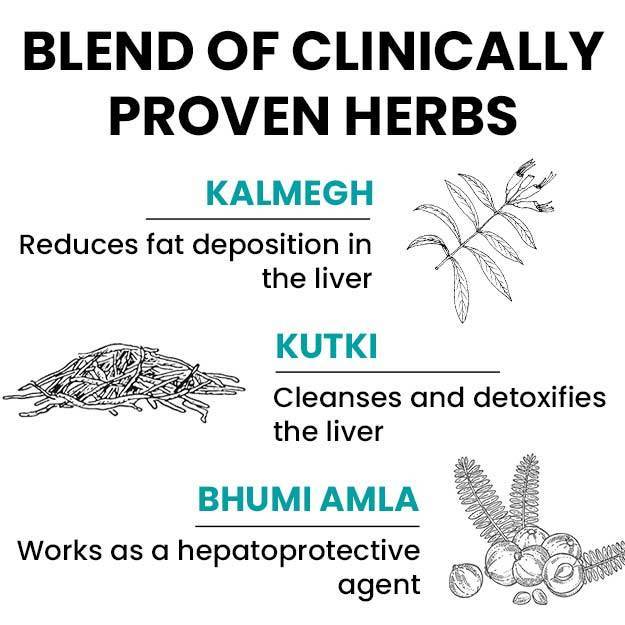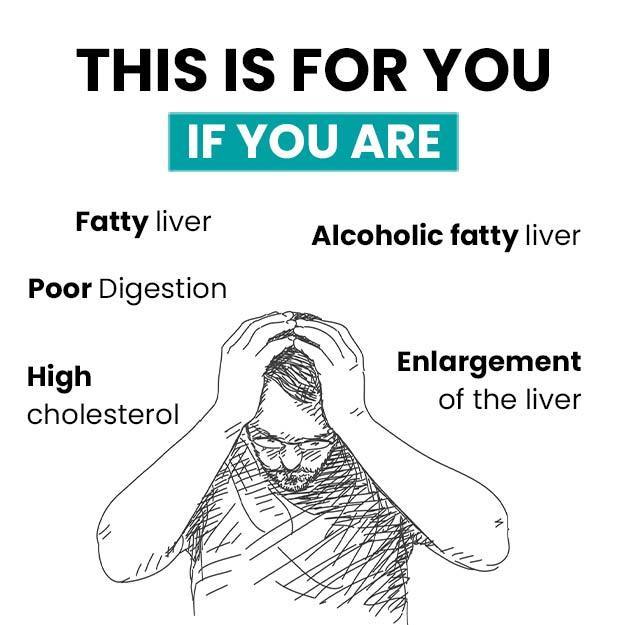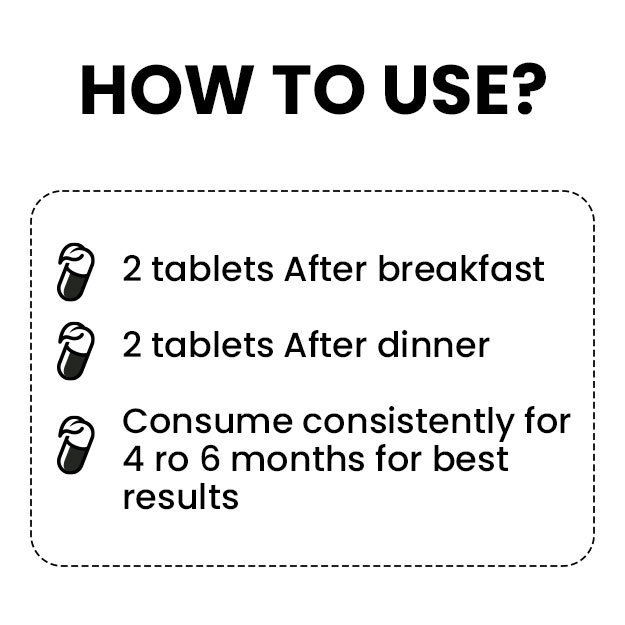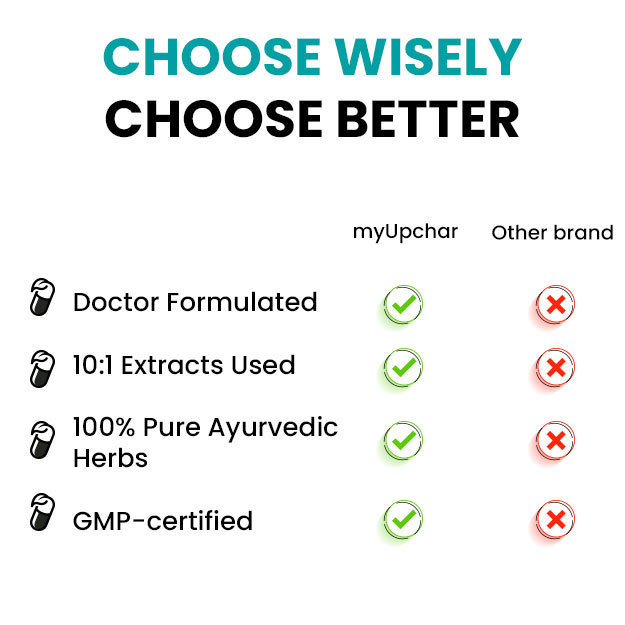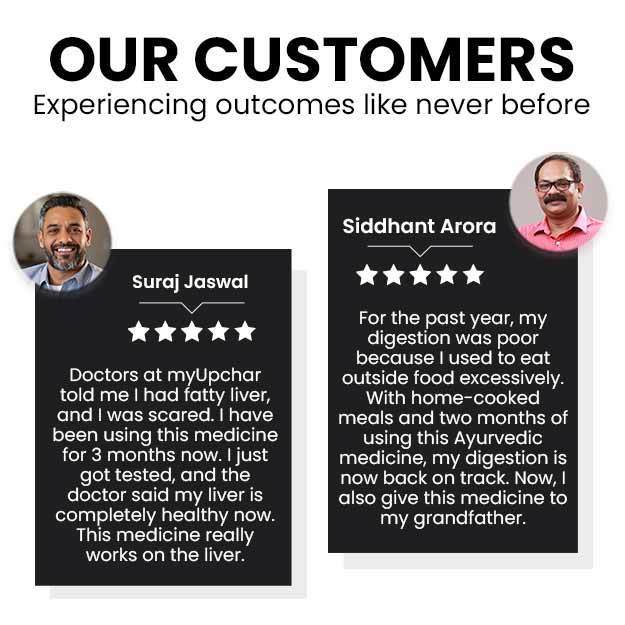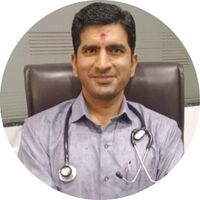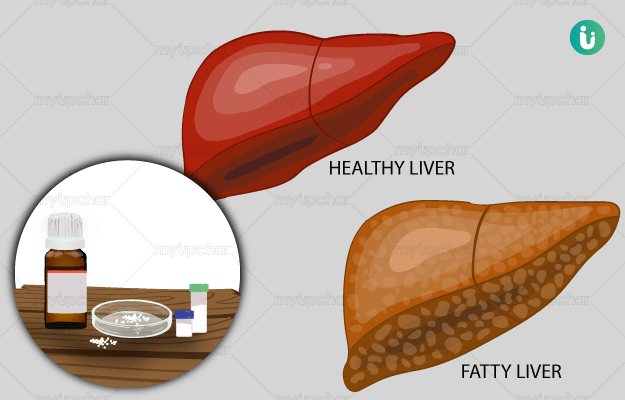Fatty liver disease is one of the most common liver conditions affecting a wide range of population globally. According to an estimate, about one in every 10 individuals suffer from this condition. It is caused due to excess fat build-up (more than 10% of the liver’s weight) in liver cells, leading to inflammation in the liver. Some of the symptoms of a fatty liver include confusion, fatigue, weakness, weight loss and discomfort in the abdomen. If left untreated, it may progress to liver damage and cirrhosis.
Over-eating is one of the major lifestyle factors associated with an increased risk of fatty liver. Alcohol abuse is the cause of alcoholic fatty liver disease. Disease conditions like diabetes and obesity, malnutrition, taking certain medications like aspirin and rapid weight loss are some of the non-alcoholic causes of fatty liver disease.
Are you also troubled by obesity and are not able to lose weight even after a lot of efforts, then start using myUpchar Ayurveda Medarodh Weight Control Tablet today and control your weight.
Ayurvedic treatment of fatty liver and most liver disorders comprises of panchakarma (five therapies) procedures like virechana (purgation) along with herbs like bhumiamalaki (stonebreaker) and guduchi (heart-leaved moonseed). Ayurvedic formulations of arogyavardhini rasa and vasaguduchyadi kashaya are also given for the treatment of a fatty liver as they are hepatoprotective (liver protective) in nature and improve the normal functioning of the liver. Taking a healthy and nutritious diet and giving up alcohol and smoking improves health and stops the progression of most health conditions.

